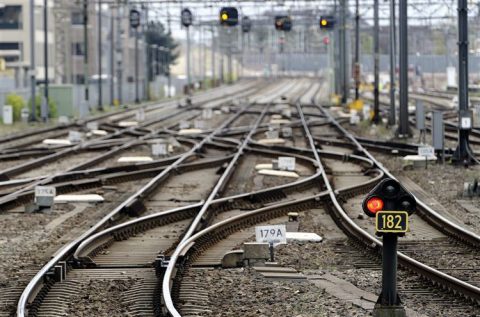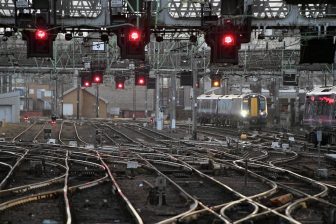
Britain’s strikes overview
Source: ANP
Britain is in a week of rare calm in a summer of Industrial stormy weather. That however, is all about to change. With another heatwave on the way this week, industrial relations are about to heat up too. Unresolved disputes mean rail workers will be out of the cabs and on the picket lines this coming Saturday.
Want to read more?
You have read all of your free premium articles for this month. Please become a subscriber to keep reading.
Subscribe now!
Take advantage of our exclusive offer to get full access to all premium content.




Brexit, etc., symptoms…, just are to be expected…
Since long, pre EU…, Goal for nearness (Goal of “Union”…) has been missing…
Accordingly, at infrastructure, just laconic quantity, “better” and in particular “railways”…, have been Mantras…
(Yes, railways, Device, for nearness, but a timely!)
Current railway standards, plaguing owners, taxpayers and clients with shortcomings, even worse, are justifying extras, imposed clients of single, alternative device. This is not sustainable!